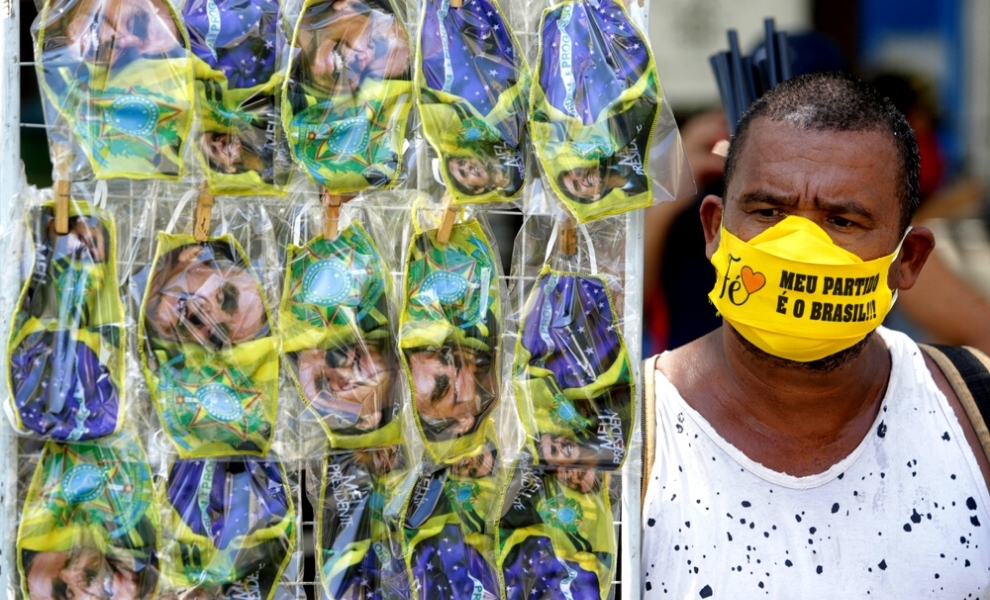Since President Jair Bolsonaro took office in January 2019, a total of 1,434 persons and 476 organizations have signed 100 impeachment petitions against him. Sixty-two are original, while 38 are duplicates. Over halfway through his term, just six of these requests have been shelved, and the rest sit on the desk of House Speaker Arthur Lira, the sole individual with jurisdiction to kick off impeachment proceedings against a sitting president.
Like in the U.S., where Congress may trial and unseat a president for “high crimes and misdemeanors,” Brazilian impeachment law is extremely broad, classifying impeachable offenses under the suitably vague umbrella of “crimes of responsibility.”
The term has spurred plenty of controversy in recent days, as the government risks obliterating the federal spending cap with the unworkable budget proposal passed by Congress, and as the administration faces a probe into its pandemic response.
So, how does one assess whether a president has committed one of these so-called “crimes of responsibility?” History tells us that the notion has changed over time, based on political circumstances.
As a result of President Dilma Rousseff’s impeachment in 2016, the term is now largely linked to budgetary malfeasance.
But that does not go...


 Search
Search






































